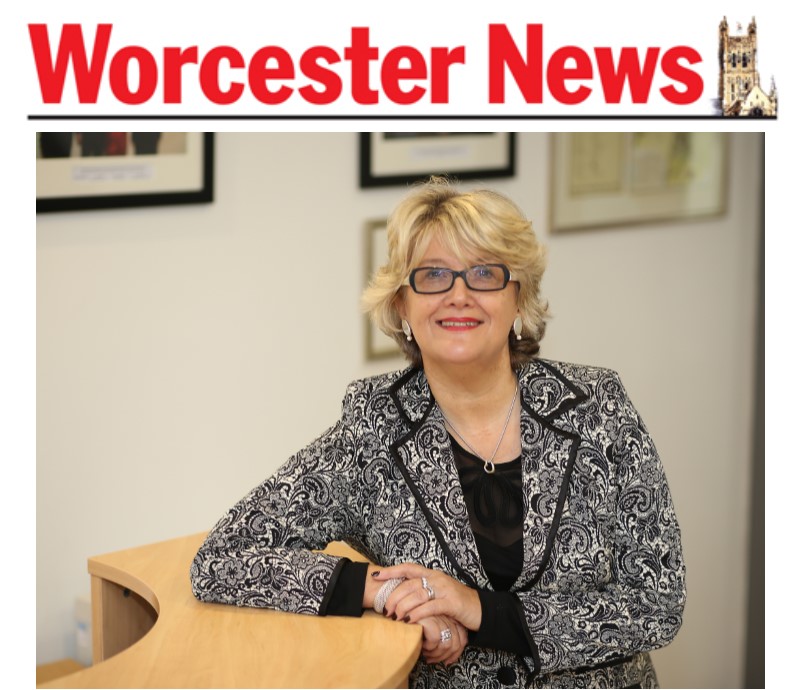
Flexible Jobs Index Worcestershire 2018
Hewett Recruitment has formed a partnership with the Worcestershire LEP to deliver the first ever report on the state of the flexible recruitment market in Worcestershire.
This research, conducted by Timewise, examines the proportion of quality jobs in the region which are advertised as open to flexible or part-time working at the point of hire.
Flexible working is an important facilitator of diversity and inclusion. It means that people with considerations outside of work can access work. Mums returning to work and carers are the obvious group of people wanting flexibility, but it is not just them. Generation Y, with their reputation for expecting to be able to work when and where they want to are particularly attracted to businesses that allow them to fit work around life, rather than the other way around.
The key headline coming out of this research is that, 9 out of 10 UK workers currently either work flexibly in some way, or want to. But overall, in Worcestershire, only 11.1% of vacancies for ‘quality’ jobs at or above £20,000 are advertised with some reference to flexible working from the start, either on hours or location.
So there is a real mis-match there and this limited availability is more concentrated at the lower end of the pay scale.
At Hewett Recruitment we regularly face this conundrum – one of the top 10 most searched terms on our website is ‘part time’ but the jobs we have advertised are largely full-time, particularly when you exclude low level admin positions.
So why is this important for Worcestershire’s business community? This huge gap between the supply of flexible jobs and the demand from flexible workers is the reason why so many people – particularly women, older workers and those with health and disability issues – are either locked out of work or stuck in low paid part-time jobs they are overqualified for, unable to progress their careers. We could be missing a whole tranche of highly skilled people.
With almost a third of the region’s fastest growing companies highlighting access to talent and skills as their biggest challenge to growth, there is a real opportunity to encourage business leaders to get smarter about flexible working in order to be future-fit.
We hope this new analysis will inspire both policy makers and employers to develop plans to champion flexible hiring across the region, as part of wider inclusive growth strategies.
We look forward to publishing the ‘Flexible Jobs Index Worcestershire’ in January and we will be holding an event in the New Year with Timewise and the WLEP to discuss these issues in much more detail. Please contact Laura Hewett if you would be interested in receiving a copy of the report or an invitation for the event.